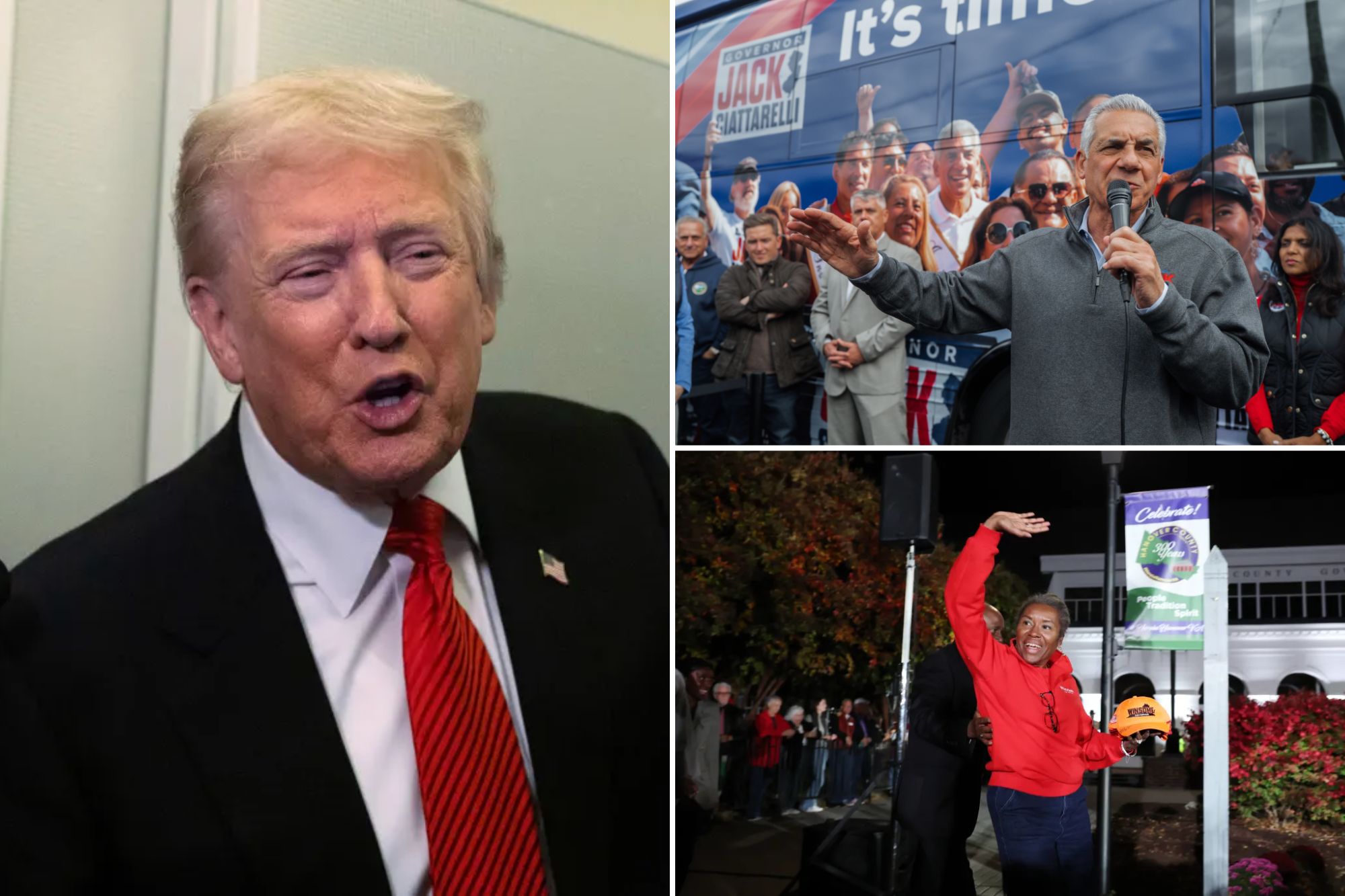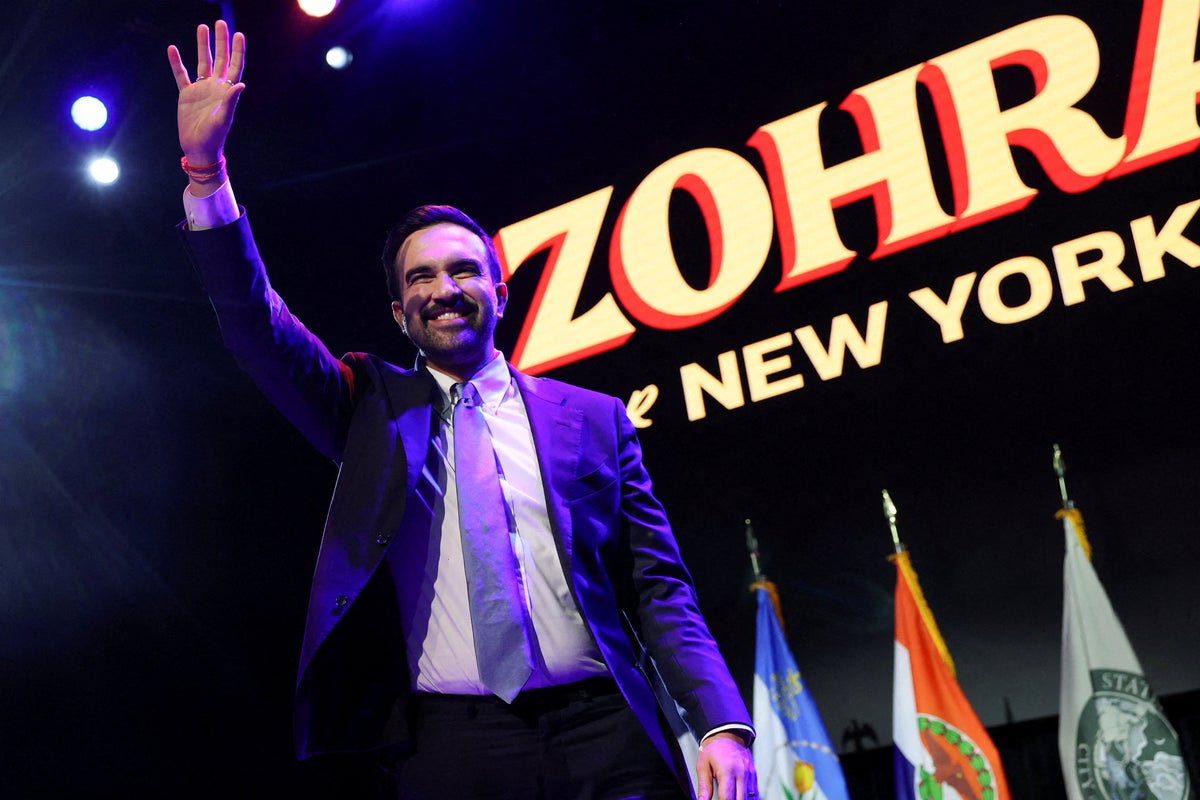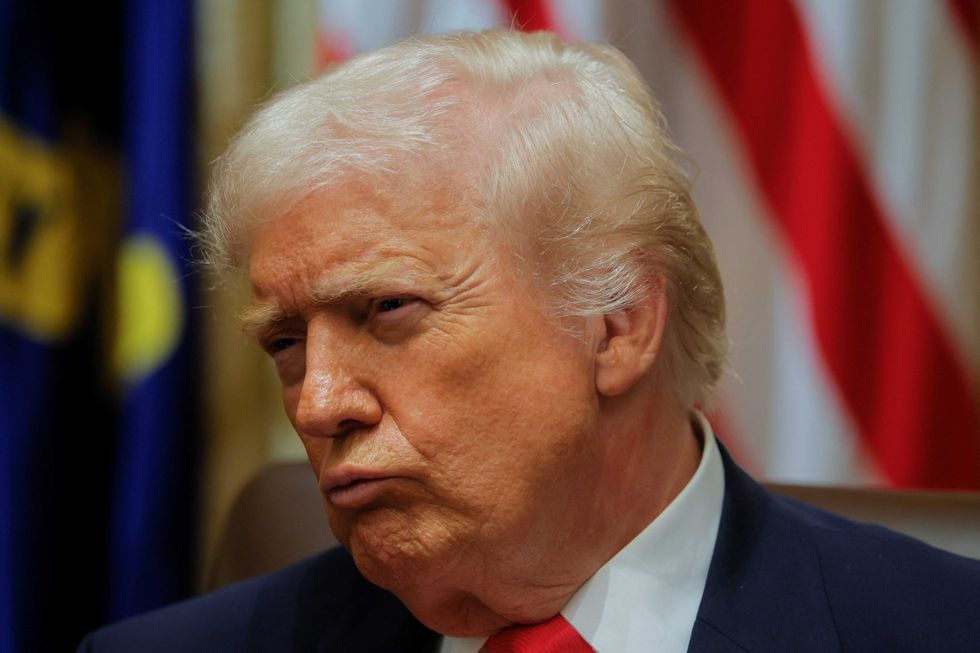Hasan Piker, a prominent streamer and political commentator, has garnered significant attention for his leftist views and provocative statements. Previously a host for The Young Turks, Piker now streams independently on platforms such as Twitch and YouTube, amassing over 3 million and 1.75 million subscribers, respectively. His outspoken nature and self-identification as a Marxist and anti-Zionist have sparked discussions about the impact of influencers on public discourse.
Piker describes his role as a guide for his audience, stating, “A big part of what I do, especially in this age on the internet, is sift through the misinformation. So I go through all of that in real time and try to instill some sense of media literacy in the audience.” This assertion raises questions about the depth of his understanding of the ideologies he promotes, particularly Marxism.
In a recent video, Piker attempts to explain Marxism, addressing its core economic principles. Traditional Marxism has faced numerous critiques, particularly regarding its Labor Theory of Value (LTV), which posits that the value of commodities is determined by the labor required to produce them. Critics argue that this theory lacks sufficient empirical support. Despite these critiques, Piker appears to adhere to this original framework, relying on the Theory of Surplus Value (TSV) to advocate for worker collectives.
This reliance on fundamental Marxist concepts has led some observers to question the sophistication of Piker’s interpretations. Critics suggest that his approach may reflect a simplistic understanding of complex political and economic theories rather than a robust ideological framework. The concerns extend beyond his economic beliefs to his perspectives on contentious issues, such as the ongoing Israel-Palestine conflict.
The Israel-Palestine situation is characterized by its complexity and emotional weight. Public opinion often divides sharply, with some viewing Israel as a defender against terrorism and others perceiving Palestinians as victims of imperialism. This polarization can inhibit nuanced discussions, with the stakes being particularly high given the conflict’s human toll.
Piker’s commentary on the conflict has drawn scrutiny, especially following the events of October 7, 2023, when Hamas launched attacks against Israel. Piker made headlines by denying allegations of mass rapes committed by Hamas during these attacks, asserting, “Yes, I do … Because there is no evidence … At that point, I personally took a position where I said very carefully and very deliberately that mass r**es that are directed by Hamas did not happen.”
His stance has been met with criticism, as numerous credible reports document instances of sexual violence during the attacks. By framing his denial in terms of whether Hamas leadership specifically ordered such acts, Piker sets a high bar for acknowledging systemic wrongdoing. This perspective raises concerns about the potential impact on his followers, who may be influenced by his interpretations of events.
Furthermore, Piker’s critiques of Israeli actions—such as military operations that have resulted in civilian casualties—often lack a balanced acknowledgment of the complexities involved in the conflict. His reluctance to condemn actions by the groups he sympathizes with hints at a broader challenge in public discourse, where emotional ties can cloud objective analysis.
As Piker continues to engage a large audience, the implications of his views on media literacy and critical thinking are significant. The conversations surrounding his content underscore the necessity for stronger media education that fosters critical engagement with information. In today’s interconnected world, the influence of figures like Piker can shape public opinion, making it essential for audiences to approach their messages with discernment.
The debate surrounding Hasan Piker reflects broader societal challenges in navigating complex political issues and underscores the responsibility of influencers to provide informed and nuanced perspectives. As discussions continue, the importance of fostering media literacy remains clear, serving as a foundation for healthier public dialogue.







